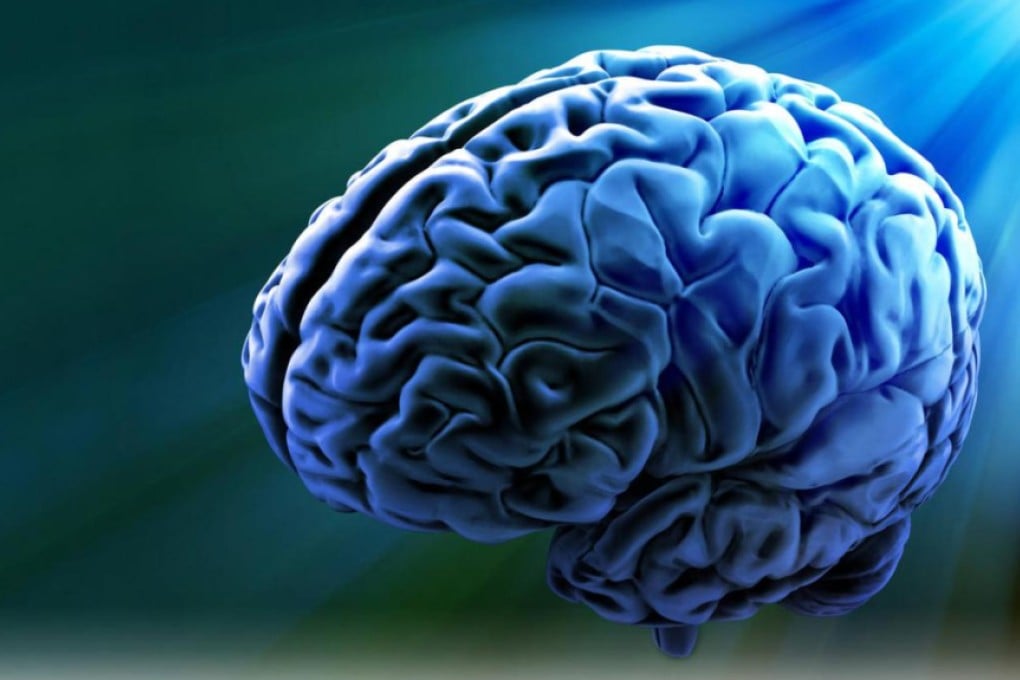Scientists pinpoint a gene regulator that makes human brains bigger
Size does matter in evolution of species, setting humans and their neurological functioning apart from close relatives in the primate world

By inserting bits of human DNA into mice, scientists were able to make their brains develop more rapidly - and ultimately grow bigger - in the womb. The study, published on Thursday in , suggests that the evolution of this gene may be one of the things that sets us apart from our close relatives in the primate world.
Human brains are unique, even when compared with our close genetic relatives, such as chimpanzees. Our brains are about three times heavier than those of our cousins, and are more complex and interconnected as well. It's generally accepted that these neurological differences are what allowed us to evolve the higher brain function that other primates lack. But just what genetic changes allowed humans to surpass chimps in the brain arena is one that's still being answered. There are a lot of physical differences to examine more closely, but size is such a dramatic one that the authors of the new study chose to start there.
Using databases created by other labs, the Duke University scientists cross-checked areas of human DNA that had developed differences from chimp DNA with areas of DNA they expected to be important for gene regulation. Regulator genes help determine how other genes will express themselves, and the researchers suspected that some of these regulators might be making brain development more active in human embryos than in chimps.
They ended up focusing on a region called Hare5 (short for human-accelerated regulatory enhancer), which testing indicated had something to do with brain development. They suspected that the enhancer, which is found close to a molecular pathway important in brain development, might have changed in a way that influenced brain size in humans.
"We discovered that the human DNA sequence, which only had 16 changes in it compared to the chimp sequence, was being expressed differently in mice," said study author Debra Silver, an assistant professor of molecular genetics and microbiology in the Duke University Medical School.
In fact, Hare5 was regulating how many neural stem cells - the precursors of brain cells - a mouse embryo could produce. "The human DNA was really able to accelerate the way the stem cells divide," Silver said. "And as a result, the mice were able to produce more neurons."
The brains of these genetically modified mice grew 12 per cent bigger than ones given the chimpanzee version of Hare5.
